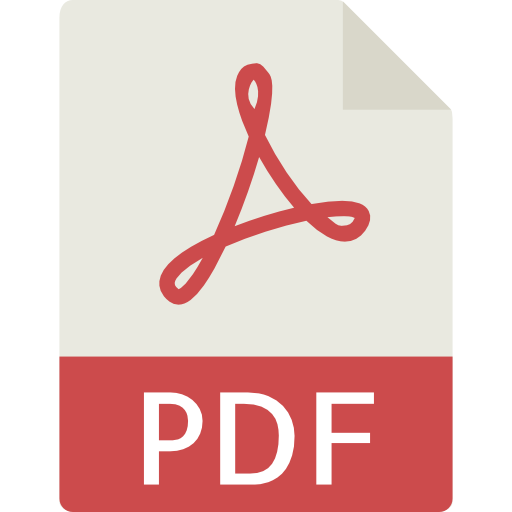In 2001, as peace gradually returned to DRC after many years of conflict and war, the DRC undertook an ambitious plan of political, economic and institutional reform. The Forestry Code and Mining Code were promulgated in 2002, leading to a phase of renewal and reform that promoted sustainable management of these sectors for sustainable development while preserving forest ecosystems and forest biodiversity. The implementation of the Mining Code has shown certain weaknesses; 10 years after the promulgation of this Code, DRC has not yet taken advantage of its huge mineral resources for its development. As with the forest sector, the mining sector is undermined by fraud and corruption, losing large sums of money meant for socio-economic development. In addition, the Mining Code does not adequately address environmental concerns and is not well harmonized with other sectors where environmental issues are a factor (forestry, land, agriculture and conservation).
This report identifies and analyzes the progress made in the reform of the forestry sector that can be applied to a reform of the mining sector. Advances have been made in the forestry sector, but we have also identified negative points. One of the points of concern is that small scale logging comprises 90% of timber exploitation in the country, according to some estimates.
DRC environmental civil society has submitted proposed amendments to the Ministry of Mines as part of the Mining Code reform process. Their recommendations integrated those from WWFs forestry sector analysis.


Add a Comment